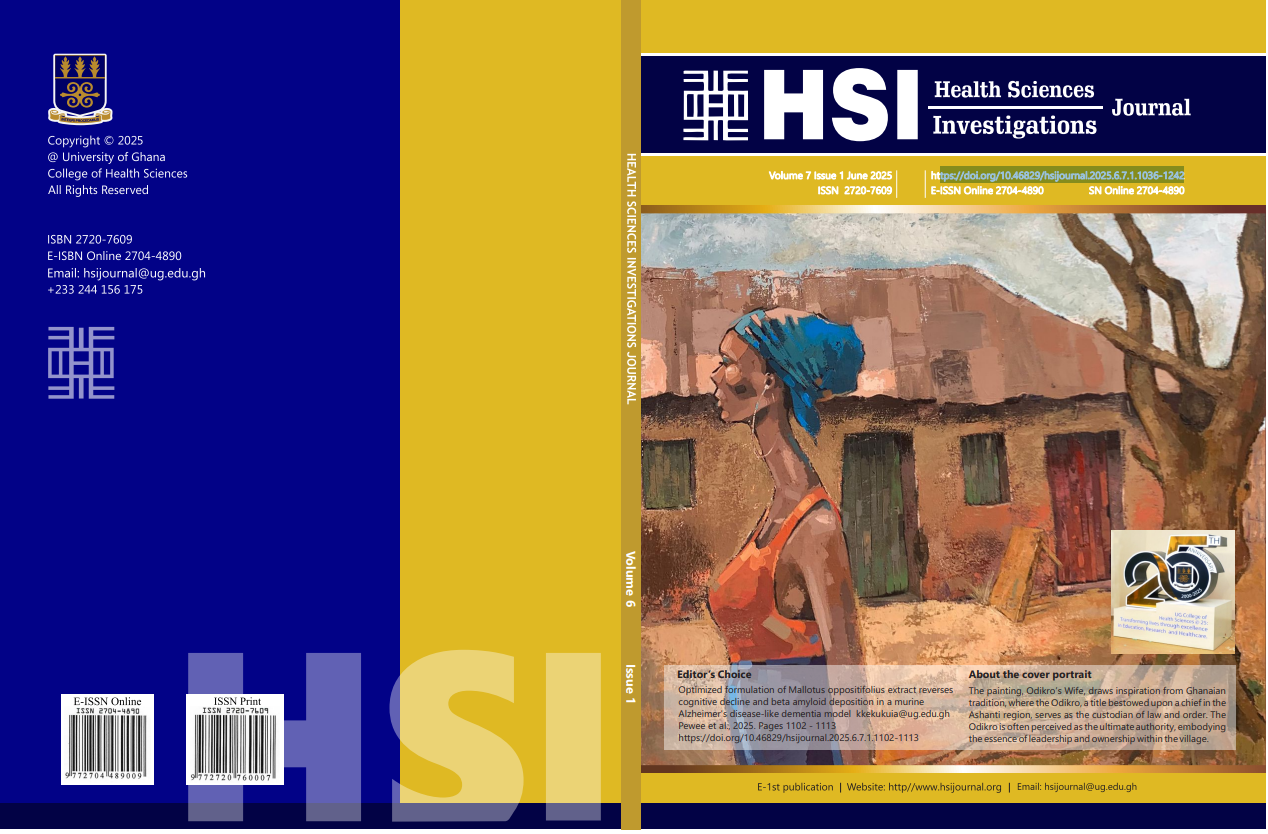Mapping herbal medicine cancer research in Africa: A bibliometric analysis
Abstract
Herbal medicines have long been a part of the traditional healthcare systems across Africa, and their integration into modern medical practices has been significantly impactful in recent years. In Africa, the potential of herbal medicine as an alternative therapy is increasingly being explored. This is even more relevant to cancer, which remains a significant public health challenge worldwide. Cancer leads to high morbidity and mortality rates globally. This study offers a bibliometric analysis of research on herbal medicines for use in cancer therapy care in Africa.
This is relevant for knowledge mapping to inform research policy regarding herbal medicines in cancer treatment. Using 1,134 datasets from Scopus (Elsevier) up to 2023, the study employed MS Excel, Harzing’s Publish or Perish, and VOSviewer for analysis and visualisation. The results reveal a growing trend in publications on this topic, with the Journal of Ethnopharmacology (JEP) being the most active source, contributing 116 articles (10.23%). South Africa emerged at the forefront in this research area, accounting for 166 publications (9.05%). The most prolific author was Efferth, T., with 31 documents, while the University of Dschang, Cameroon, was the most influential institution, with 36 publications (2.75%). The National Research Foundation was the top funder, supporting 42 publications (3.26%). The most cited article was Chang and Adami (2006), which received 1,097 citations. Keyword analysis revealed that “article”, “human”, and “medicinal plant” were the most frequently used terms. The co-occurrence analysis identified five thematic clusters centred on “article”, “human”, “human cell”, “in vitro study” and “drug effect”. This study provides valuable insights for policymakers, researchers, and medical professionals by identifying key research areas, emerging trends, and influential contributors to herbal medicine in cancer management in Africa. These results are expected to inform future research and funding strategies to support the advancement of cancer care across the continent.


